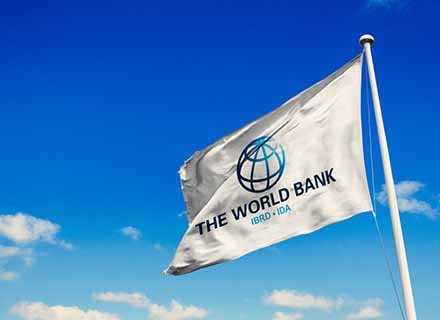A senior World Bank official has stated recently that Zimbabwe must increase the predictability of its monetary and fiscal policies to restore confidence in its declining value.
The World Bank’s Regional Vice President for Eastern and Southern Africa, Victoria Kwakwa, told Reuters in an interview that it may advance by straying from the central bank’s “quasi-fiscal operations.”
The International Monetary Fund stated in January 2024 that the central bank should cut back on its non-core operations, which have included printing money and borrowing to lend to the government. However, she did not specify what those operations were.
With annual inflation at 47.6% and the Zimbabwean currency has lost over 60% of its value vs. the US dollar thus far this year, the nation is still reeling from the memory of hyperinflation under longstanding former leader Robert Mugabe.
“The lack of confidence is the fundamental cause of the issue,” Kwakwa stated.
“And people strive to get rid of it to buy something else every time they get the cash; thus, its value is always declining,” the senior World Bank official continued further.
After ten years of dollarisation, the local currency was reintroduced in 2019, but it quickly lost value, leading the authorities to approve the use of foreign currencies in domestic transactions.
The finance ministry and central bank announced recently about working on ways to stabilise the value of the currency and that they were thinking about tying the exchange rate to the price of gold among other things.
“More confidence will be built through policy predictability and the advances being made in moving away from quasi-fiscal operations,” Kwakwa noted.
According to her, the World Bank is “committed” to the ongoing process that Zimbabwe has been going through since 2022 to pay off billions of dollars in arrears to the organisation and other foreign lenders.
Kwakwa, meanwhile, expressed her “pleasure” at the news that China and India had reached debt restructuring deals with Zambia. The President of Zambia announced the accords in February 2024, raising optimism that Zambia would be on the verge of exiting its more than three-year default.
After settling with the official creditors, the government may now concentrate more on settling with the commercial creditors. And we’re hoping that will happen shortly as well,” she stated.

